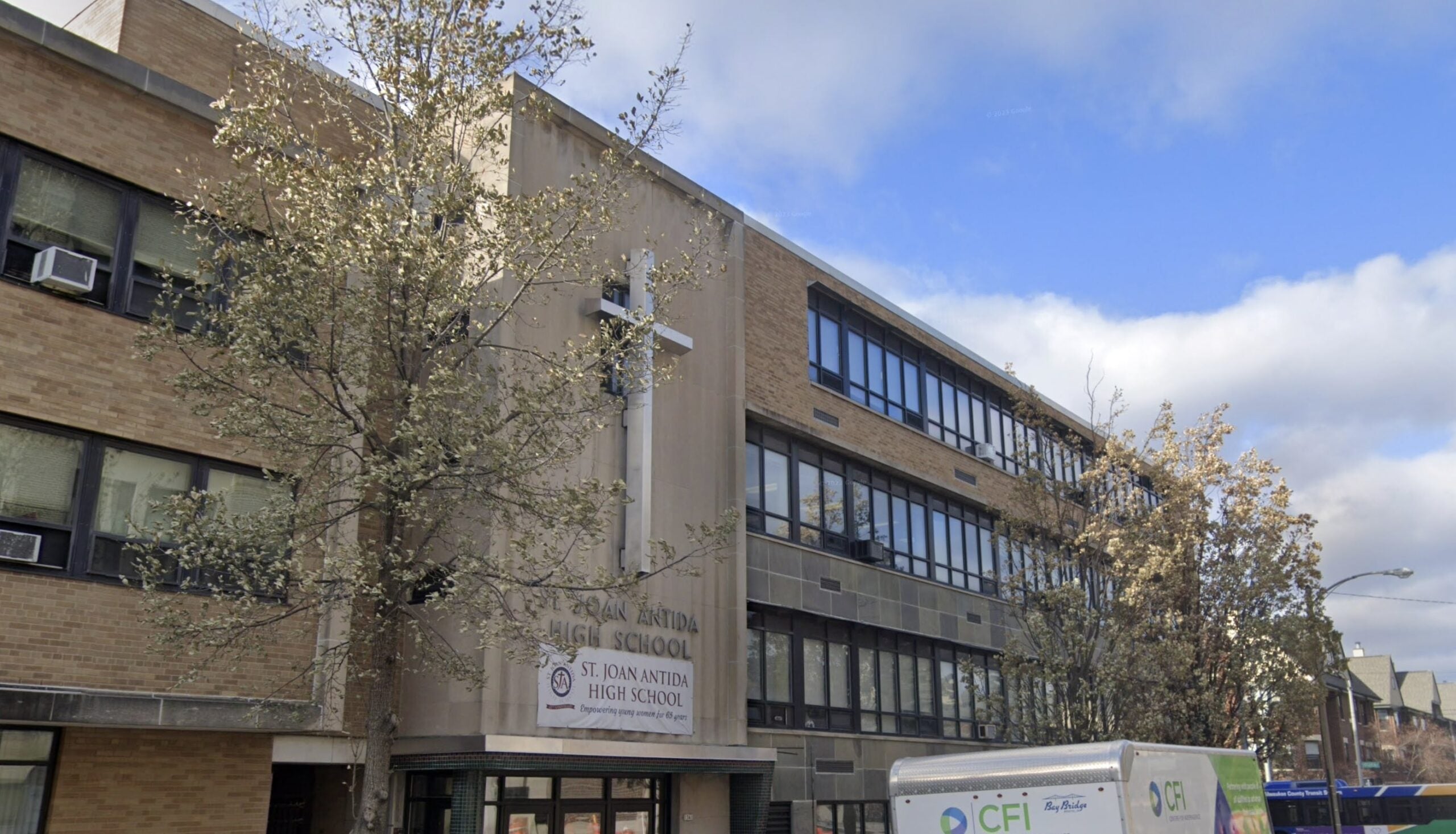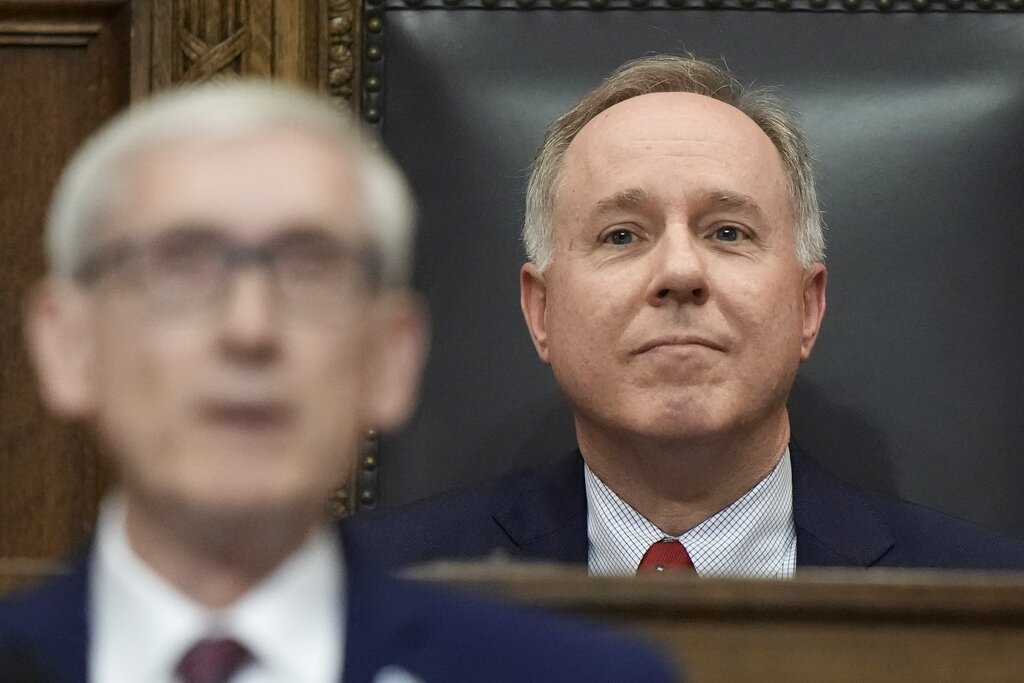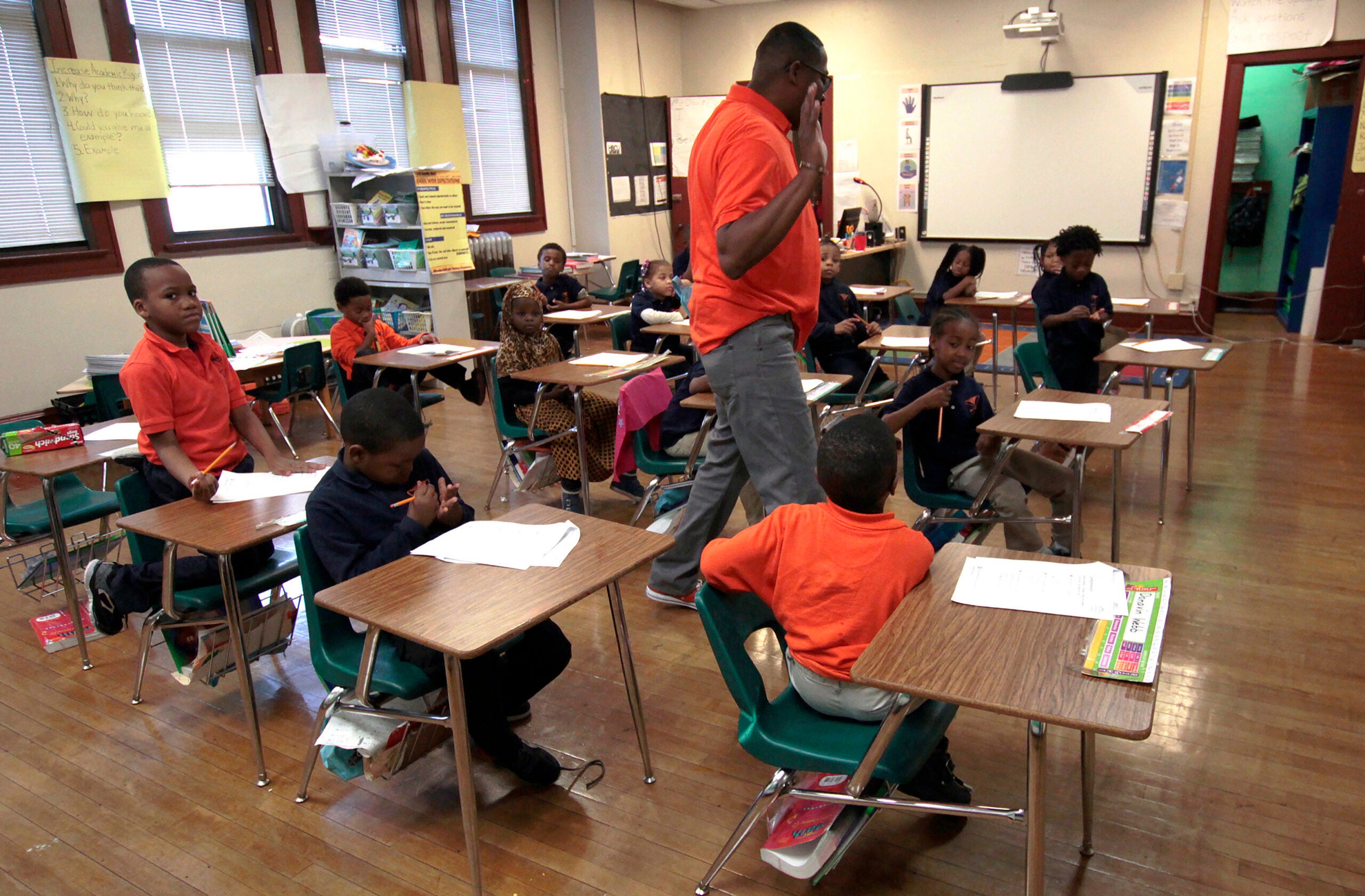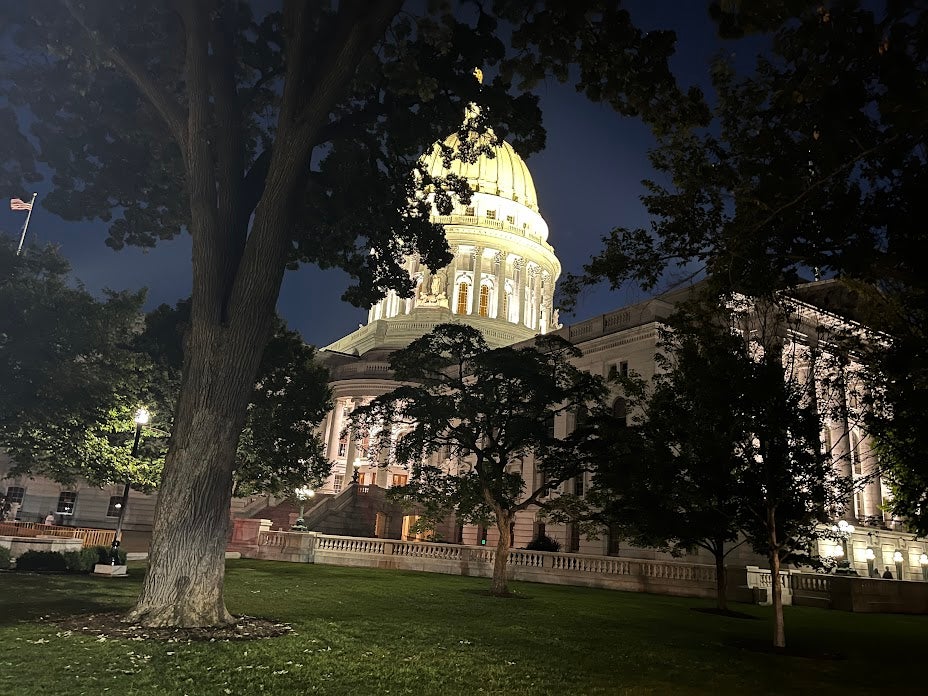State Superintendent Tony Evers is starting his second term in office. Evers says he’ll spend the next four years working to advance his educational agenda, but his department will also be tasked with implementing a program expansion he doesn’t support.
During his inaugural address Monday, Evers touted his education agenda, which includes the implementation of the Common Core state standards in math and English language arts and new assessments for teachers and students.
He was also critical of the newly signed budget, which expands taxpayer-funded vouchers statewide and gives parents a tax deduction for tuition at private schools. Evers called the budget “ideological and partisan,” and he says the voucher expansion signed into law will escalate battles over funding for public schools.
Stay informed on the latest news
Sign up for WPR’s email newsletter.
Evers: “The divisiveness doesn’t help our kids, or our state. Now, all sides of this debate spent enormous amounts of time and money obsessing about which system is better, instead of obsession about improving lives of all children, regardless of the system.”
But despite Evers’s position on the new legislation, the Department of Public Instruction will have to implement that expansion, and administer the lottery to select 500 students for the next year and 1,000 after that. Evers says that will not happen without some hiccups.
Evers: “We’re dealing with schools all across the state who have never dealt with the choice [voucher] program. We have parents that have heard about this through newspaper accounts. We just need to get out the facts to people and make sure they have the information they need to make the decisions about joining the program.”
Evers said he still remains committed to finding common ground with legislators, and despite the budget battles he said he’s optimistic about the future of public education in the state.
Wisconsin Public Radio, © Copyright 2024, Board of Regents of the University of Wisconsin System and Wisconsin Educational Communications Board.






